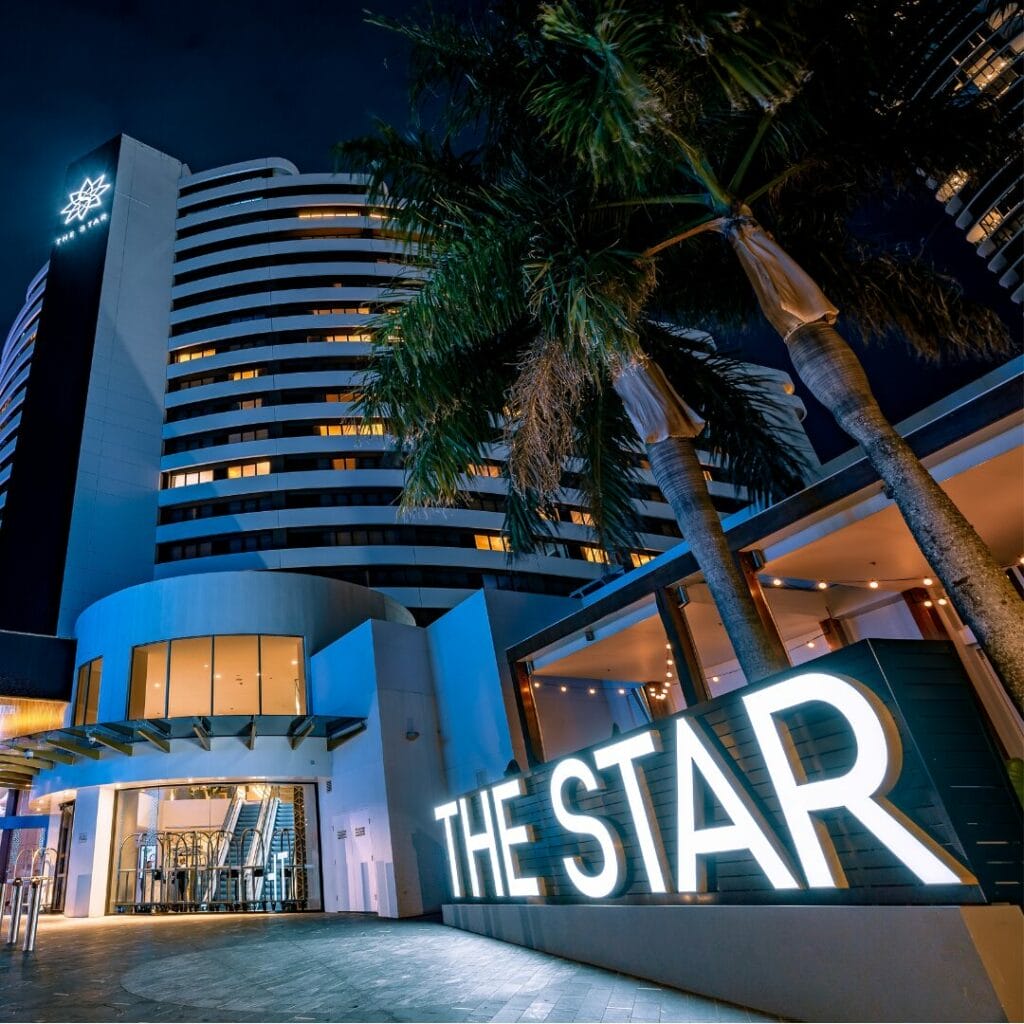The Star Entertainment Group’s challenges have dominated headlines, sparking critical discussions across the hospitality industry. But beyond the headlines, what can we, as marketers, learn from their experience?
Unfortunately, there seems to be a distinct lack of planning across the industry. In my twenty years working with clubs and pubs, I have only come across one venue that actively addressed a crisis communications plan. This lack of preparation and awareness is concerning. Ask yourself how would your venue respond if a negative viral review surface overnight?
A strong crisis communications plan should not be an afterthought but a priority. Here’s what a solid plan crisis communications plan for marketers should looks like:
1. Identify potential crises:
There are a multitude of possible scenarios that could trigger a crisis within your club or pub – everything from data breaches, natural disasters, executive misconduct, poor patron behaviour, gambling or alcohol-related issues, negative publicity…the list goes on. It just makes sense to be prepared. I’ve compiled a list at the end of this article to consider, and if you think they could happen, you really should be prepared.

2. Designate a spokesperson:
Choose a credible and articulate individual (or individuals, depending on the crisis and size of the issue) within the organisation who can effectively communicate with the media and public during a crisis. It is usually the CEO for major issues, but problems associated with product or service complaints or negative social media comments, can fall on marketing.
3. Establish communication channels:
Determine the best platforms to reach your audience in each instance, including the company website, social media accounts, email lists, and traditional press releases. Again, this will depend on the particular crisis.
4. Develop key messages:
Craft concise, clear, and factual statements that address the crisis situation, acknowledge concerns, and outline the company’s response.
5. Stakeholder identification:
Identify all relevant stakeholders including members, employees, community, partners, and media, and tailor communication strategies to each group.
6. Social listening:
Continuously monitor social media and online conversations to identify emerging issues and potential crises early on. This is something you should be doing now.
7. Crisis response flowchart:
Create a decision-making flowchart outlining actions to take depending on the nature of the crisis, including escalation procedures and contact details.
8. Proactive communication:
Communicate early and often during a crisis to maintain transparency and control the narrative.
9. Transparency and accountability:
Be honest about the situation, acknowledge mistakes, and outline steps being taken to address the crisis.
10. Post-crisis analysis:
After the crisis subsides, review the communication strategy, identify areas for improvement, and document lessons learned for future crisis preparedness.
Some specific considerations for marketers would also include:
- Consistency in messaging: Ensure all communication channels convey the same key messages to avoid confusion.
- Empathy and concern: Demonstrate genuine concern for those impacted by the crisis.
- Fact-checking: Verify all information before releasing statements to the public.
- Rapid response: Act swiftly to address the crisis and prevent rumours from spreading.
- Adapting to evolving situations: Be prepared to adjust your communication strategy based on new information or public sentiment.
So, what kinds of crises should you be prepared for? While we often think of large-scale disasters, the reality is that crises come in many forms, some of which you may already have encountered.
1. Operational & Compliance Issues
- Liquor Licensing Violations – Breaches of RSA laws.
- Food Safety Incidents – Contamination, food poisoning, or non-compliance with food safety regulations.
- Health & Safety Breaches – Failure to meet WHS standards.
- Gambling Regulation Breaches
- Employment Law Violations – Wage underpayment, unfair dismissal claims, or staff mistreatment.
- Security Incidents – Poor crowd control, inadequate security measures, venue brawls.
- Supplier Disruptions – Key supply chain issues affecting food, beverage, or gaming operations.
2. Customer & Community Relations Issues
- Alcohol-Related Incidents – Drunken behaviour leading to assaults, drink-driving cases linked to the venue.
- Anti-Social Behaviour – Drug use, violence, or anti-social conduct within or around the venue.
- Community Complaints – Noise complaints, parking issues, or disputes with local residents.
- Reputation Damage from Social Media – Negative reviews, viral customer complaints, or PR disasters. (Great Northern Beer is a recent example of this).
- Discrimination or Harassment Claims – Allegations of racial, gender, or other discrimination by staff or patrons.
3. Financial & Fraud Risks
- Cash Handling & Theft – Internal fraud, employee theft, or robbery.
- Gaming Fraud – Tampering with machines, collusion, or fraudulent claims.
- Cybersecurity Breaches
- Financial Mismanagement
- Monetary Fines & Legal Action – Costly lawsuits from injuries, licensing breaches, or regulatory non-compliance.
4. Staff & Internal Issues
- Workplace Misconduct – Staff harassment, bullying, or inappropriate relationships.
- Strikes or Industrial Action
5. Natural Disasters & External Crises
- Fire & Property Damage
- Floods, Storms, or Power Outages
- Pandemics & Health Crises
- Terror Threats & Public Safety Risks – Bomb threats, active shooter incidents, or high-profile criminal activity.
6. Public Relations & Media Crises
- Negative Media Exposure – Bad press from an incident, unfair media portrayal, or investigative reports.
- High-Profile Celebrity or Political Scandals – A well-known patron, player associate with your club, executive or Board member involved in controversy.
- Cultural Sensitivity Backlash – Poorly executed promotions, offensive themes, or exclusionary policies.
7. Legal & Ethical Issues
- Over-Serving Patrons Leading to Accidents – A drunk patron causing harm after leaving the venue.
- Breach of Data Privacy Laws – Mishandling of member information or personal data leaks.
- Failure to Uphold Community Responsibility – Lack of engagement in responsible gaming, sustainability, or inclusivity initiatives.
8. Emerging & Digital Risks
- AI & Technology Issues – Automated systems failing, chatbot scandals, or AI-driven pricing complaints.
- Influencer Backlash – Negative endorsements or partnerships gone wrong.
- Fake Reviews & Online Attacks – Coordinated attempts to damage the club’s reputation.
Crisis preparedness is no longer optional, it’s a necessity. If you want to ensure your venue is ready to respond effectively, let’s work together to develop a robust crisis comms strategy. Reach out via DWS if you need help with developing strategies or comms for any of these issues.
About the Author
Linda is a respected hospitality industry marketing specialist and creative consultant, having worked with many major Pub and Club groups across Australia for nearly two decades. Linda is a regular speaker and presenter at industry conferences and workshops, and at loyalty and player development seminars in the USA.
Throughout her career, Linda has acquired in-depth knowledge of Casino, Hotel and Club marketing, and was instrumental in designing and developing the first ever Club loyalty program, in addition to creating a VIP Host Management program.




